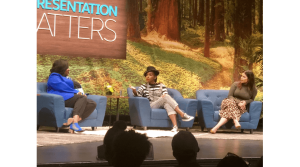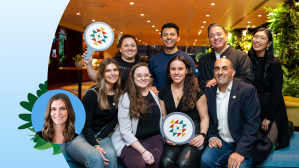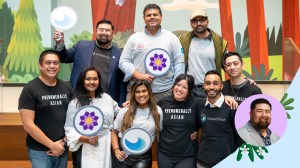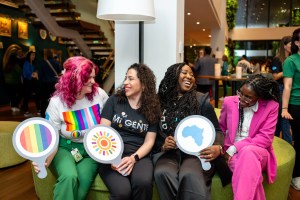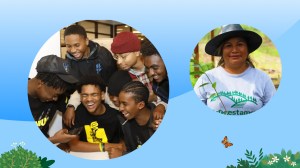At Salesforce, we know having open conversations about racial equality is important to begin moving the needle on representation in the workplace. We also recognize that Black, Latinx, and Native people have been traditionally underrepresented and marginalized in our industries and the power of elevating diverse voices on stage. With that in mind, on Monday Salesforce hosted its first racial equality summit, titled Representation Matters. C-level executives, equality leaders, activists, authors and Salesforce teammates participated in panel discussions.
“There is more work to be done, and people around the nation are still marginalized,” said Tony Prophet, Chief Equality Officer at Salesforce, in his keynote address. “We still see the forces of discrimination, bias and hatred playing out across the nation. We saw it in 2017 in Charlottesville, Virginia. We saw it less than two weeks ago at the Tree of Life Synagogue.” Prophet called for a moment of silence in honor of every person affected by hatred.
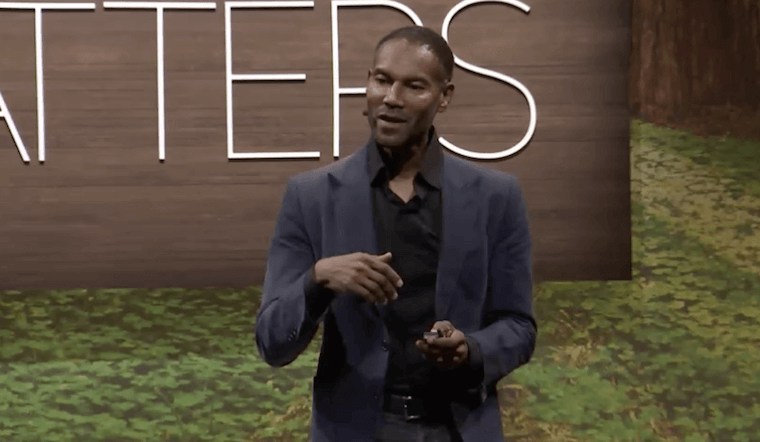
The opening panel discussion featured Sylvia Acevedo, CEO of Girl Scouts USA (seen below), Nellie Borrero, Senior Global Inclusion & Diversity Managing Director at Accenture, and Ebony Frelix, Executive Vice President & Chief Philanthropy Officer at Salesforce.org. The discussion, moderated by Ana Recio, Executive Vice President of Global Recruiting at Salesforce, focused on their journeys in becoming C-level executives.
The panelists agreed that corporations have a huge responsibility in protecting equality. “This is a really important time for corporations to put a stake in the ground regarding diversity and inclusion,” said Acevedo. “They can set the standard. They can say ‘this is how we are going to treat people’ and set an example.”
“Own your career and seek out those who can help you,” said Borrero in answer to a question about advice for the underrepresented. “Finding people who can help you is essential.” She added: "You have an inner voice telling you that you’re better than you think you are. Believe in your voice."
DeRay Mckesson, civil rights activist, author, and founder of the Pod Save the People podcast took the stage. Salesforce’s Alexandra Siegel, Head of Equality Content, interviewed him on how he has used his experience, influence, and voice to innovate in social justice and racial equality.
Mckesson discussed widespread incarceration and noted that in some U.S. states, theft of an item valued at $300 is a felony crime potentially leading to a substantial prison term. He said that we must constantly evaluate our social and legal policies. "Freedom can’t just be the absence of oppression, it has to be the presence of joy and justice," Mckesson said. “We must never let the system off the hook.We have to constantly peel back the layers on how the system works.”
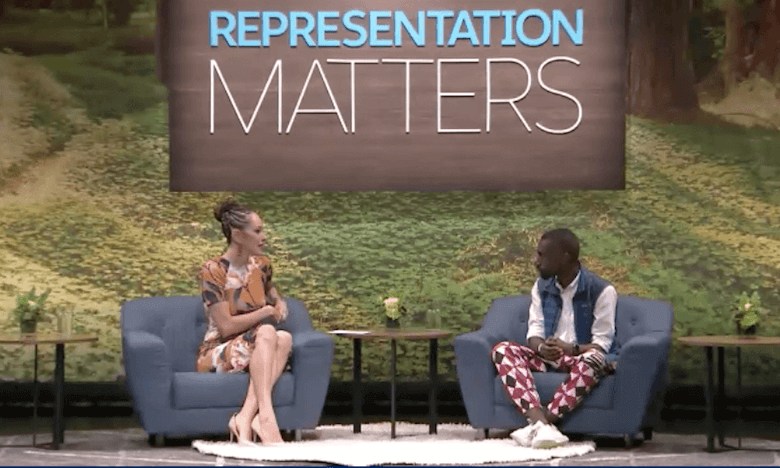
Cristina Jones, senior vice president and head of Trailblazer Marketing at Salesforce, hosted a panel discussion on bringing more diversity to the venture capital profession. The panel featured leaders who have built their own wealth while also building access and capital for people of color. The panelists were Arlan Hamilton, Founder & Managing Director at Backstage Capital; Erik Moore, Founder and Managing Director at Base Ventures; and Miriam Riviera, Co-Founder & Managing Director at Ulu Ventures.
Riviera was one of the early employees at Google, and she noted that there was significant diversity in the heritages of other early employees there. She emphasized that more companies with underrepresented founders need to launch. “About 80 percent of companies we have invested in have diverse founders,” said Riviera.
“There are not enough women or black people starting companies,” said Hamilton, who was recently on the cover of Fast Company for her leadership in creating a fund specifically for Black women founders. “Representation is why I started our company. We need representation for many reasons. It frustrates me that I see a lot of people of color or women who feel like they have to ask permission for a piece of the pie. We don’t.”
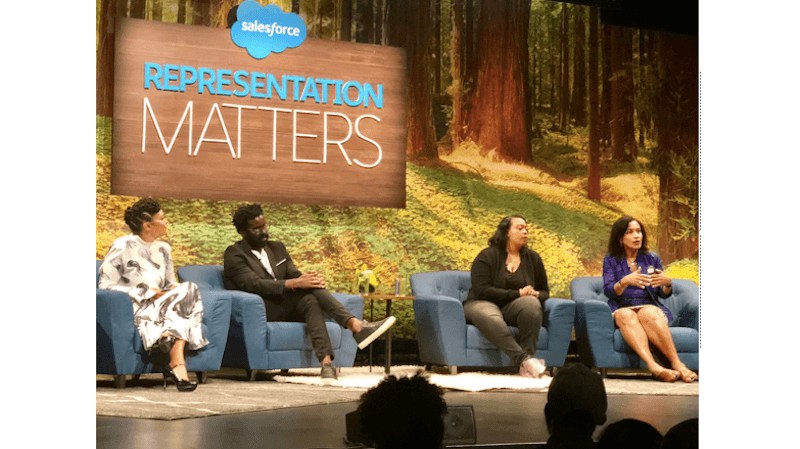
The final session of the day was a panel featuring multi-grammy nominated singer-songwriter and producer Janelle Monáe and award-winning actress and producer America Ferrera, interviewed by Salesforce Equality Director Molly Ford. They discussed their journeys, what it means to be a role model to their communities, and how they are creating lasting impact not just in their industries but across society.
“I grew up starved for seeing myself reflected in culture and I couldn’t see that,” said Ferrera. “As I grew, I realized that it was traumatizing to feel invisible.”
“We are powerful,” said Monáe. “We have the power to shape culture. We also have the power to undo culture that does not serve us well." She emphasized the power of finding support. “Mentors in the arts industry saved my life. I partnered with people who knew the importance of representation in the music industry.”
Stay tuned to Salesforce Live for complete replays of the Racial Equality Summit sessions, and find Twitter updates at #EqualityForAll.
